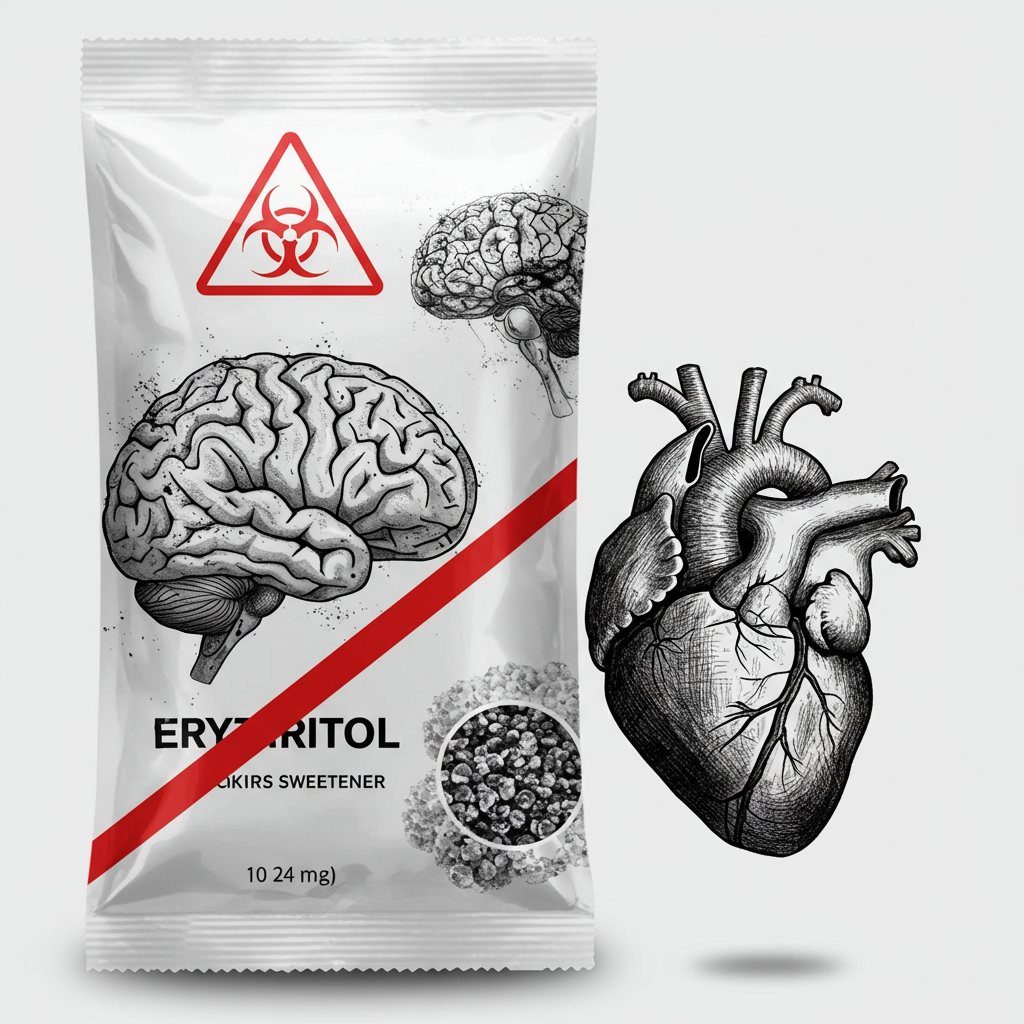New research highlights a stark warning for diets high in processed meats, sugary drinks, and specific unhealthy fats. Experts analyzing the findings suggest there might be “no safe amount” of processed meat consumption. This challenges the idea that small portions are risk-free.
The study adds significant weight to existing concerns. It links even modest intake of certain foods to increased risks of serious health issues. these include certain cancers and metabolic conditions. Understanding these connections is crucial for making informed dietary choices.
Shocking Links: Processed Meat, Sugar, and Disease
A recent study, published in the journal Nature Medicine, synthesized data from over 60 previous research papers. It focused on the impact of processed meats, sugar-sweetened beverages (SSBs), and trans fatty acids. Researchers aimed to understand their relationship with major non-communicable diseases. The diseases examined were type 2 diabetes, colorectal cancer, and ischemic heart disease. Ischemic heart disease reduces blood flow to the heart.
The findings underscore the potential dangers lurking in commonly consumed foods. Even small daily amounts were associated with elevated disease risk. This suggests a cumulative effect over time.
Small Servings, Big Risks
The data reveals specific risk increases tied to daily consumption of certain items. Eating the equivalent of just one medium hot dog per day showed notable associations. This habit was linked to an 11% higher risk of developing type 2 diabetes. It also correlated with a 7% increased risk of colorectal cancer.
Sugary drinks also showed concerning links. Consuming about a 12-ounce soda equivalent daily was associated with an 8% rise in type 2 diabetes risk. This amount also showed a 2% increased risk of ischemic heart disease. While percentages might seem small, experts note these are consistent across large populations. Over time, such increases translate into significant public health burdens.
Dr. Demewoz Haile, the lead author, emphasized the consistency of the findings. He stated that consuming even small amounts habitually is linked to higher risks. This includes processed meat, SSBs, and industrially produced trans fatty acids.
Is Any Processed Meat Safe?
The study’s analysis reinforced a point made by other experts. For processed meat specifically, the data indicated no clear threshold for safety. Dr. Nita Forouhi, head of nutritional epidemiology at the University of Cambridge, commented on the findings. She was not involved in the research but stated the results align with prior knowledge. To gain health benefits, she advises minimizing or avoiding these foods.
Dr. Forouhi added that the data on processed meat consumption showed no “safe amount.” This means even infrequent or small consumption might carry some level of increased risk.
Why These Links Are Stronger Than They Seem
At first glance, percentage increases might appear modest. Some might perceive the association as weak. However, experts in nutritional epidemiology highlight the strength and consistency found across multiple studies.
Dr. Mingyang Song, an associate professor at Harvard, was also not involved in the study. He pointed out the remarkable consistency of the data. Even at lower consumption levels, increased disease risk was observable. He stressed that the association is robust despite the percentages.
The research used a sophisticated analytical method. It applied a “burden-of-proof” approach. This is a newer form of meta-analysis. It doesn’t just quantify associations across studies. It also considers the quality of each individual study. Dr. Song noted that this method tends to yield conservative results. This further strengthens the findings’ credibility.
Understanding Study Limitations
It’s crucial to understand the nature of the included studies. They were observational analyses. This means they identify associations or correlations. They cannot definitively prove causation. What people ate might be linked to disease, but the studies don’t prove the food caused the disease directly.
Furthermore, these studies often rely on self-reported dietary information. Participants recall their eating habits. This introduces potential for inaccuracies or misremembering. Dr. Gunter Kuhnle, a professor at the University of Reading, highlighted this challenge. He noted that even advanced techniques struggle with the limitations of dietary data. Nutritional epidemiology often faces this fundamental problem.
Despite these limitations, the consistent patterns across numerous studies are compelling. They provide strong evidence for public health recommendations.
The Biological Connection: How Foods Increase Risk
Why are processed meats, sugary drinks, and trans fats linked to these serious diseases? Scientists point to several biological mechanisms.
Processed meats and SSBs can trigger or worsen inflammation in the body. Chronic inflammation is a known contributor to many long-term diseases. This includes cardiovascular issues and certain cancers.
Processed meats often contain nitrites used for curing. In the stomach, these can convert into nitrosamines. Nitrosamines are known carcinogens. This mechanism specifically links processed meat consumption to cancer risk, especially colorectal cancer.
Sugary Drinks and Trans Fats Explained
Sugary drinks provide a rapid influx of large sugar amounts. This can lead to weight gain. More importantly, it negatively impacts metabolic pathways. These pathways regulate how the body handles sugar and fat. Disruptions contribute significantly to type 2 diabetes and heart disease risk.
Trans fatty acids are particularly harmful for cardiovascular health. They lower levels of beneficial HDL cholesterol. At the same time, they increase levels of harmful LDL cholesterol. This unfavorable shift promotes plaque buildup in arteries, a major cause of heart disease. While industrially produced trans fats are less common now due to regulations, they still pose a risk where present.
Beyond Diet: Lifestyle Factors
It’s also important to consider broader lifestyle contexts. People consuming more processed meats, SSBs, and trans fats might also share other risk factors. These include smoking or lack of physical activity. Socioeconomic factors like education and income can also play a role. Chronic stress and limited healthcare access are other potential contributors. Untangling the effects of diet from these lifestyle factors is complex. Dr. Kuhnle noted that it is “very difficult to take these apart.”
However, the consistent associations found in the study across diverse populations suggest a direct dietary link independent of some confounding factors.
Making Healthier Choices: What to Avoid and Add
While observational studies don’t prove cause and effect, they strongly suggest areas for dietary improvement. Reducing consumption of processed meats, sugary drinks, and trans fats appears to be a sensible public health strategy.
A balanced and varied diet is key. Avoid excessive amounts of any single food group, particularly those highlighted in the research. This doesn’t mean striving for dietary perfection. The goal is a sustainable, healthy pattern that allows for enjoyment.
Focusing on what to eat is as important as knowing what to limit. Extensive research points to the benefits of dietary patterns rich in whole foods.
Building a Protective Diet
Increase your intake of fruits and vegetables. These provide essential vitamins, minerals, and fiber. Include whole grains instead of refined grains. Legumes like beans and lentils are excellent protein and fiber sources. Nuts offer healthy fats and nutrients. Fermented dairy products like yogurt can support gut health.
These food groups form the basis of diets consistently linked to better health and longevity. Examples include the Mediterranean diet.
Dr. Kuhnle advises against panic regarding food choices. Food serves more than just nutritional needs. It plays vital roles in culture, social connection, and pleasure. Reducing diet solely to a list of risks misses this bigger picture. However, awareness of potential risks empowers individuals to make gradual, positive changes.
Frequently Asked Questions
What health risks are linked to processed meat, sugary drinks, and trans fats?
New research reinforces links between these foods and serious health conditions. They are associated with an increased risk of developing type 2 diabetes and colorectal cancer. They are also tied to a higher risk of ischemic heart disease, which affects blood flow to the heart. Even small, regular consumption was linked to elevated risks in the study.
Is any amount of processed meat safe to consume, according to new research?
Based on a comprehensive analysis of multiple studies, experts state there is likely “no safe amount” of processed meat. The data showed increased risk even with low levels of consumption. This suggests that habitual intake, regardless of quantity, may carry some elevated health risk compared to avoiding processed meats altogether.
What foods should I focus on to improve my diet based on this study?
While minimizing processed meats, sugary drinks, and trans fats is suggested, focus on adding nutrient-dense foods. Experts recommend building a diet higher in fruits, vegetables, whole grains, legumes, and nuts. Incorporating fermented dairy like yogurt is also beneficial. A balanced dietary pattern, rather than strict avoidance, is the recommended approach for long-term health.
Conclusion
The latest research underscores the potential health impact of common dietary choices. While acknowledging study limitations, the consistent link between processed meats, sugary drinks, trans fats, and chronic diseases is compelling. Experts suggest minimizing or avoiding these items as part of a healthy lifestyle. Ultimately, adopting a balanced diet rich in whole, unprocessed foods while reducing unhealthy options offers the most promising path for reducing long-term health risks. Making small, sustainable changes can contribute significantly to overall well-being.



